It’s time for Ask Kotaku, the weekly feature in which Kotaku-ites deliberate on a single burning question. Then, we ask your take.
This week we Ask Kotaku: How has your relationship with gaming changed since covid began?
Ari
This is an impossible question that I’ll nonetheless try my best to address. I started working at Kotaku during the last week of January 2020. On March 2, Stephen decreed office attendance optional, before our parent company mandated a work-from-home framework later in the month. The World Health Organisation officialized the covid-19 pandemic on March 11. Nearly step for step, the covid-19 pandemic has overlapped with how I’ve acclimated to covering video games for a paycheck. Over the past year, my relationship with video games has certainly changed. But I can’t honestly say for sure if that’s a result of the pandemic, a result of turning a lifelong hobby into a living, or a mixture of both.
Yes, yes, I know how this might come across: “The dude with the job so many people would kill for is complaining? Get the fuck out of here!” To be crystal clear, this is not a complaint. It’s an acknowledgement. Writing about video games five days a week changes how you play games.
Living through a pandemic seven days a week changes how you play games, too.
I first noticed it in July. I requested to cover the month’s two biggest games: Ghost of Tsushima and Paper Mario: The Origami King. For whatever reason, Stephen was like, “Yeah, sure, whatever, new guy” and assigned me to both. Kotaku is very generous with allotting writers time to play games. Still, juggling two enormous games at once basically ate into every second of free time. For a few weeks there, I exercised less. I’d cut Zoom calls with friends and family short. Again, this isn’t a complaint — both of those games are phenomenal, and I was lucky to have my hands on them early, no less without taking a hit to my wallet — but it certainly occurred to me that I wouldn’t have sunk as much time into playing were I not working at Kotaku.
[referenced id=”1195896″ url=”https://www.kotaku.com.au/2020/12/catching-covid-19-sucked-though-video-games-helped/” thumb=”https://www.gizmodo.com.au/wp-content/uploads/sites/3/2020/12/03/mvnlm1zv87aourpooqda-300×169.jpg” title=”Catching Covid-19 Sucked, Though Video Games Helped” excerpt=”Some call it a hoax. Others say it’s no worse than the common cold. But make no mistake: the covid-19 pandemic is very, very real. If you don’t believe the mountain of scientific literature, the army of medical professionals, the frontline reporting from countless reputable sources, the firsthand accounts, the…”]
It also occurred to me that I wouldn’t have sunk as much time into playing were there not a pandemic condemning us all to solitude. A weekend in July 2019 might’ve consisted of beer gardens, crisply air-conditioned cocktail bars, maybe a trip to a beach or vineyard. In 2020, all that stuff was off the table. Short version: More time to play games. I mean, what else are you gonna do? Stare at the wall? Pretend to enjoy a Netflix show? Read a…a whatever those things with pages are called? Knowing that playing a shit ton of games wasn’t encroaching on any other part of my life no doubt made it easier to play a shit ton of games.
Whatever the cause, the effect of 2020, personally, is that I’ve subsumed myself in video games more than I ever expected to.
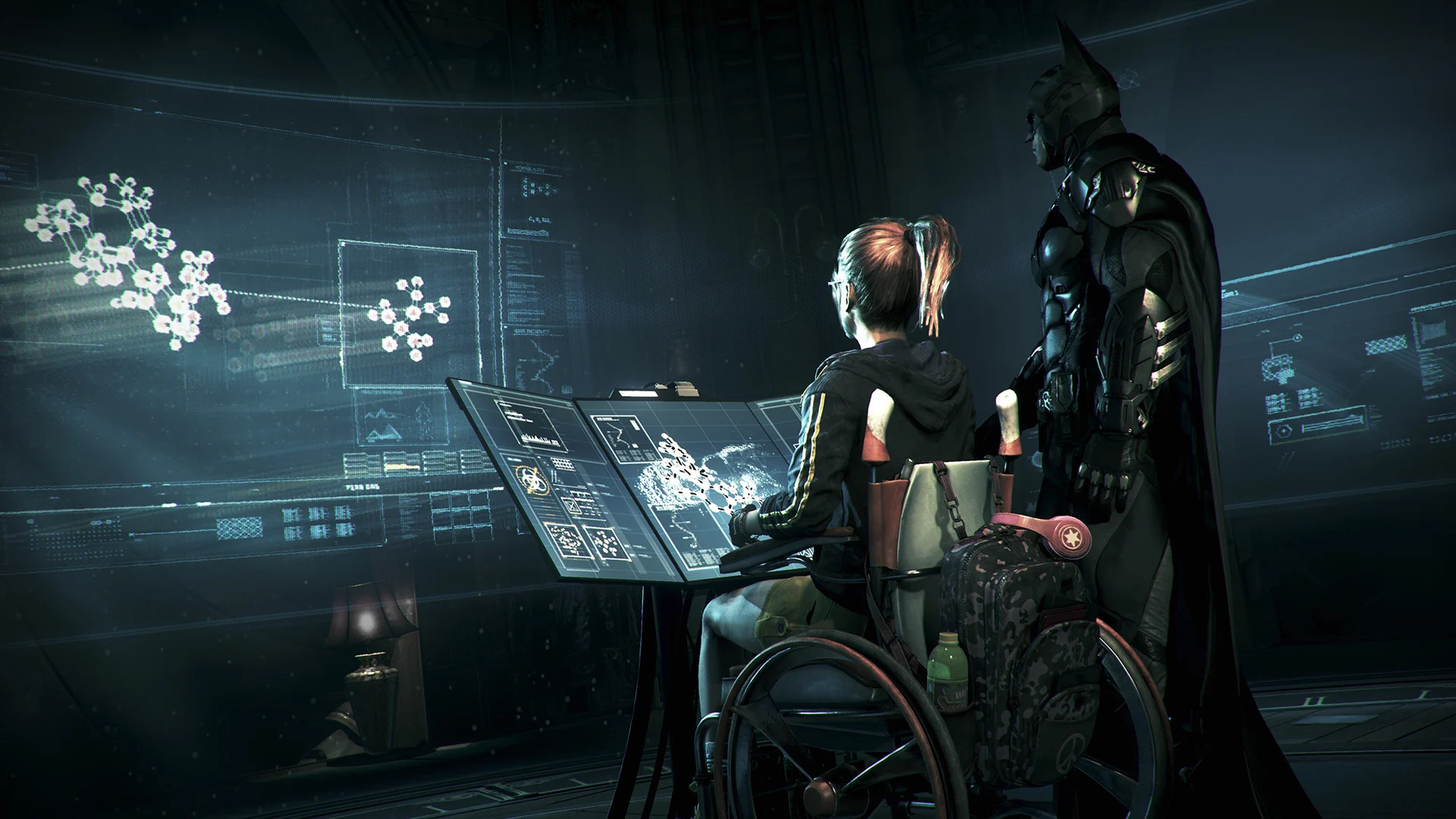
Fahey
Before the quarantine I spent most of my days confined to an in-home hospital bed. Thanks to my specially decked-out over-bed desk, with its dual monitors and eight-port HDMI switch, I had instant access to all of my game consoles, my gaming PC, and my streaming TV services.
After the quarantine, same.
Rather than changing the way I lived, covid-19 simply added more justification to my current lifestyle. While I work on healing my various wounds, I’m only supposed to sit in my wheelchair when necessary, which means when I have medical appointments. Covid just gave me a slightly more urgent reason to do so. The only thing that’s really changed over the past year, aside from a newfound love of Animal Crossing, is the deepening of my secret fantasy of being Oracle from Batman, secretly controlling and guiding the website from my hidden lair, surrounded by computers and gaming systems, ready to hack into some servers or whatever should the need arise.
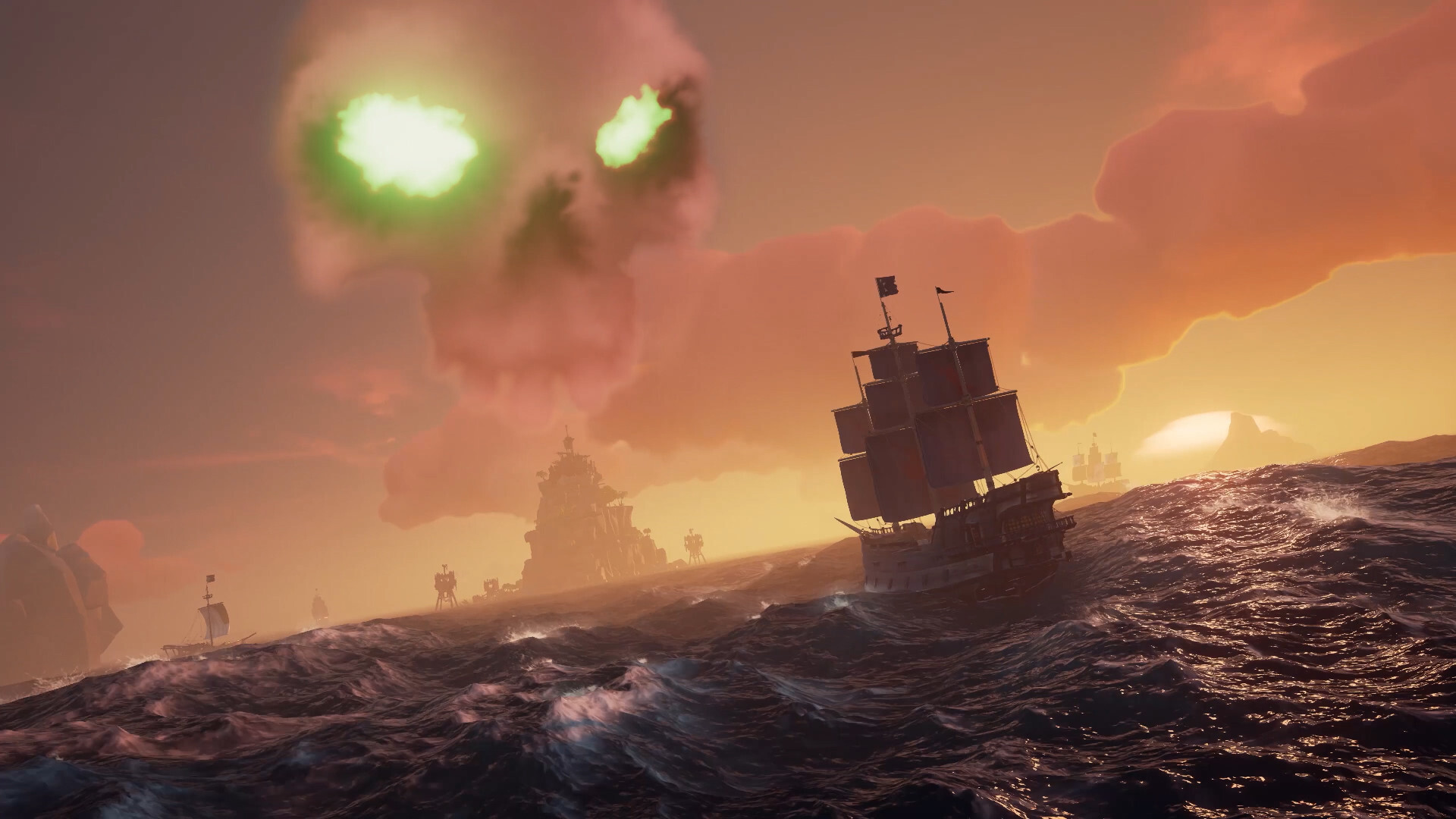
Riley
You’d think covid would be a good time to catch up on my gaming backlog, since there isn’t much else to do, but I’ve actually found it a lot harder to play video games this year. I’ve chalked some of it up to screen fatigue — after staring at my computer both for work and socialising, it’s hard to motivate myself to stare at it some more. I’ve also found it hard to focus, making picking up a narrative game a daunting task. I’ve also found it harder to play the sorts of open-world games I love, like The Long Dark, because visiting a virtual outdoors just reminds me how much I miss the real outdoors, and then I get all sad and moody and end up lying on my couch for a while being upset. Games feel like a poor substitute for all the real-world things I miss — not that they were ever intended to be — and the rush of emotions I get when that inadequacy hits me can sometimes make it hard to be excited about them this year.
That said, I have reconnected with distant friends more in games this year. I played Sea of Thieves with some buddies I haven’t seen in a while, and that was great. Sometimes my friend and I mix up our weekly Zoom call by me streaming Fortnite or Fall Guys over Discord for her to watch, and that’s really fun. Overall, I’m glad to have games as a way to spend my time, and the struggles I’ve had with them this year speak more to everything going on in the world than something to do with games themselves.
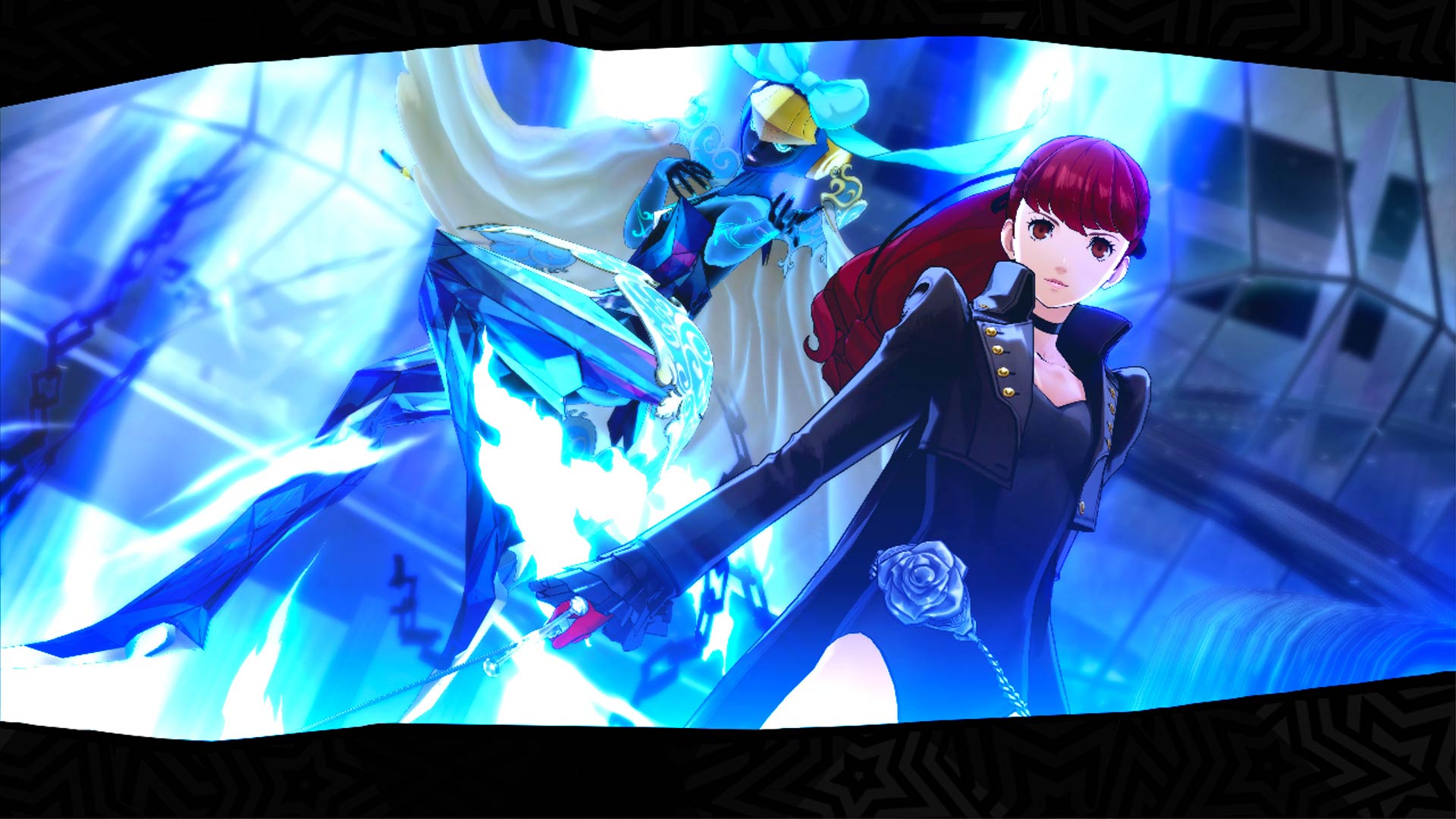
Ash
Since I’m one of Kotaku’s newer initiates, I think my experience with video games during covid may be a lot different from my colleagues. Before coming here, I had to be meticulous in my game choices. Gaming is an expensive and time-consuming hobby. I didn’t have the time, inclination, or funds to play anything except what I knew I would enjoy. My tastes were rooted firmly in the RPG section of the vast video game library, so that’s most of what I played with very little deviation. Before Kotaku I spent eight to nine hours a day playing Persona 5 Royal — so much so I started to hate it. But it was a panini and nothing else was around.
Joining Kotaku in the middle of the pandemic was a game changer (see what I did?) for a number of reasons. Not only was it my dream job, but suddenly I was granted a heretofore unknown level of freedom in my gaming choices — play whatever you want, it’s your job now. As a result, my tastes branched out into things I would have never played as a non-games press civilian. Bloodborne, Hades, Animal Crossing, Bugsnax — none of these are games I would have tried were it not my job to try everything, and every one has had some kind of impact on me. Being lucky enough to work at a place where things like consoles, something that’s always been enshrined as a toy in my mind (thanks Mum!), are now a business expense, my video game world has grown even more with the addition of an Xbox Series S. Going from one or two big video game purchases a year to having Game Pass, holy Lord what an eye-opener.
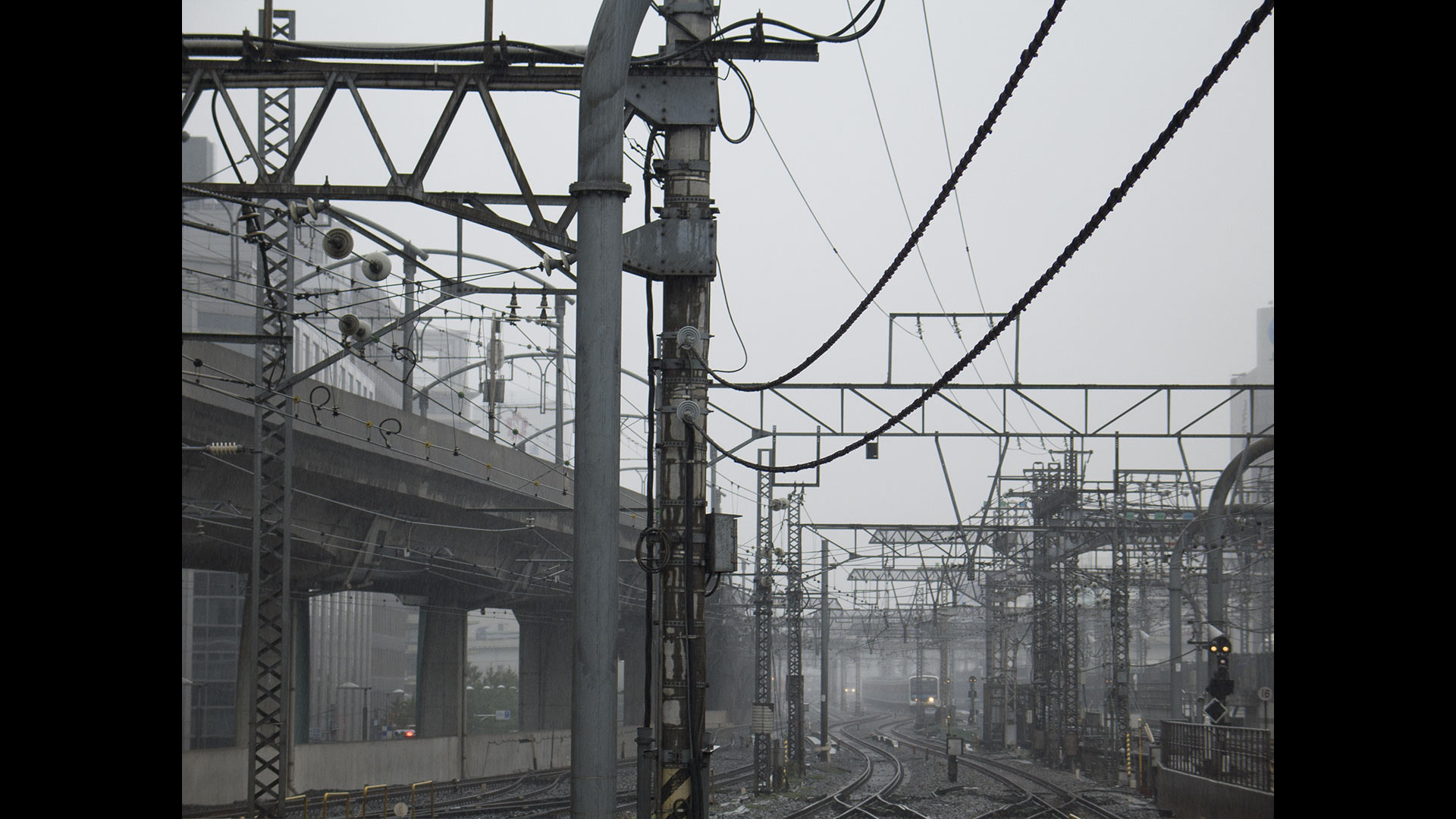
Alexandra
I’ve definitely noticed myself more explicitly turning to games for escapism. I always have, but now it’s just totally fuckin’ obvious. Yet due to the vagaries of how my brain works — executive function challenges — I often find it hard to task-switch into playing a video game, so I actually play much less than I used to. The same challenges help account for my failure to more actively maintain contact with friends this past year; all those grand plans to have frequent video-chat sessions with pals, gaming or otherwise, just didn’t materialise, so no online co-op, no Fightcade Street Fighter, no blasting each other in Doom to make the best of a bad worldwide situation. Just solitude and downbeat feelings and occasionally a game I manage to get agreeably stuck into.
Now that we’ve been at this for a year, and human brains key into arbitrary milestones of that nature, I hope I’ll make a concerted effort to claw back into a healthier, more emotionally sound day-to-day existence, even amid the challenges we still find ourselves in. I’ve fallen a long way this past year, and I’d like to feel something different again. To feel…better.
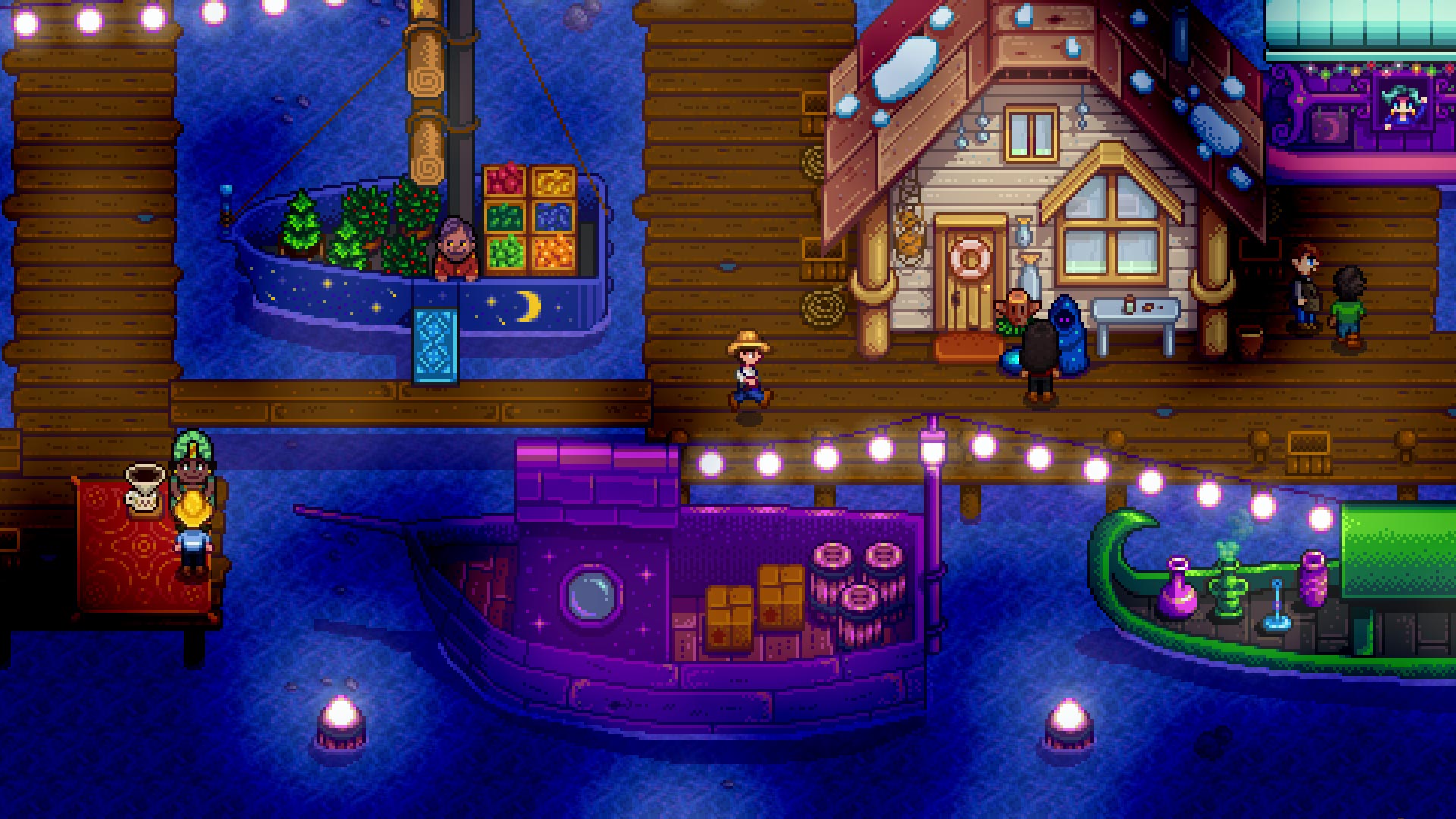
Lisa Marie
Covid allowed me to fall back in love with gaming, indirectly anyway. I was laid off at the end of September, which was partially related to the pandemic, but it was also the first time in years that I wasn’t covering games for work. Getting to write about games is amazing, but when one of your favourite hobbies becomes the thing that pays the bills, it loses a lot of the joy it once carried. For the first time in a very long time, I got to play what I wanted without worrying so much about missing out on something to cover or filling a critical gap in my backlog.
Gaming also became a coping mechanism as my everyday life changed drastically. I could no longer rely on my career to make me feel productive, and using my job search as my only measure of productivity felt defeating. Instead, I made progress in games, whether I was replaying them or discovering them for the first time. It gave me a good morale boost.
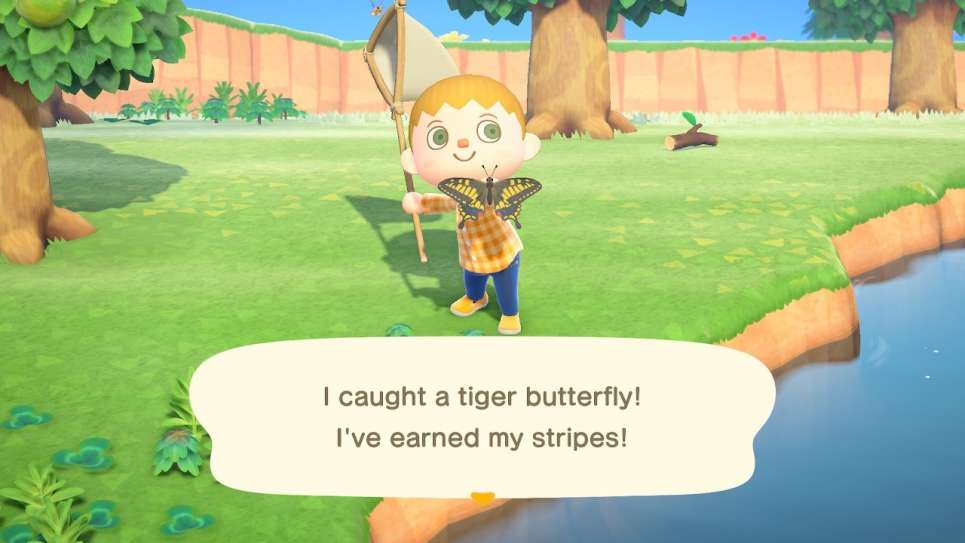
John W.
Covid-19 has, materially, made a very limited impression on my daily routine. I’ve worked from home for the last 22 years of this career, and the only thing that’s had any significant impact on that has been getting married and having a kid. Where once I’d work from 7 p.m. to 3 a.m., I’m now forced into using daylight hours to get shit done, about which I still take umbrage. But adding in a global pandemic barely touched that at all, and least of all the time I spend playing games.
So it hasn’t affected me at…No, that’s a massive lie. While to the outside observer, my life looks much the same within a pandemic and without it, what they can’t see is how much gaming has been there for me as a coping mechanism. I have pretty bad generalized anxiety disorder, and have been on a hefty dose of antidepressants for many years. I’d been relatively stable for a while, but Covid proved a non-stop trigger for me for these last 12 months. I don’t watch the news, I don’t read Twitter, I actively walk away from conversations about it. I wish none of that were necessary, but it’s how I’m getting through.
And when it’s all too much, I reach for what my therapist calls my “toolkit,” that collection of things/activities/actions that helps distract me away from the panic. Gaming is right in the middle of that kit. For a while, although not so much lately, I literally carried my Switch around with me like a security blanket. I’d genuinely take it up and down stairs with me as I moved about the house. I wasn’t playing on it — I just liked having it near me, like some sort of magical artefact that would protect me against the horror of the outside world. I’m so glad I’ve had a passion for games to help me through the last miserable year.
And it’s worth adding how, a year back, covid-19 and gaming also directly affected things in relation to my kid. The very first thing I ever wrote for Kotaku was about exactly this, and how during the first (of three, so far) UK lockdown I’d been so fortunate to discover a way to use Animal Crossing to help with homeschooling my then-five-year-old. Thinking back to that era, when the schools had nothing in place to support us, when everything was terror and turmoil, makes me want to hide in a cupboard (and sadly Animal Crossing has become irrevocably attached to those emotions for me ever since). But at the time I couldn’t have been more grateful.
How About You?
Kotaku’s weighed in, but what’s your take? Has gaming been a lifeline for you this past year? Do you feel differently about it than you have in the past, or about the same? Have your say! We’ll be back next week to deliberate and debate on another nerdy issue. See you in the comments!
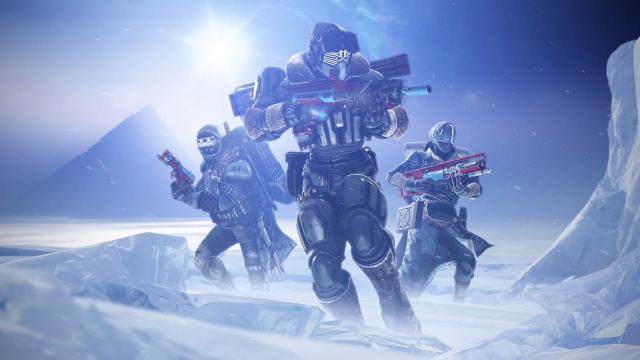
Leave a Reply